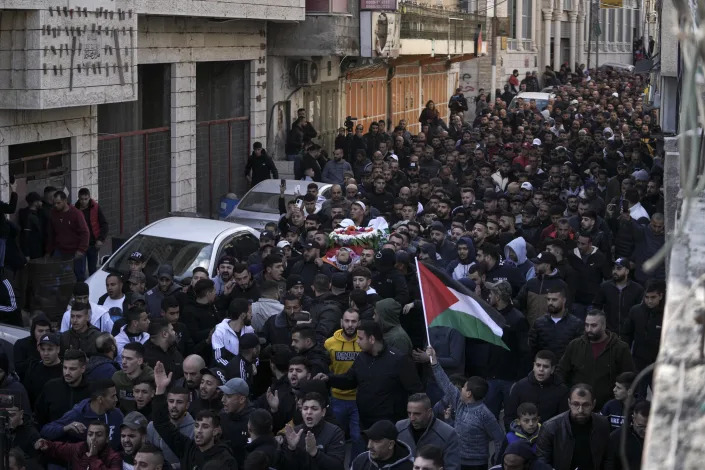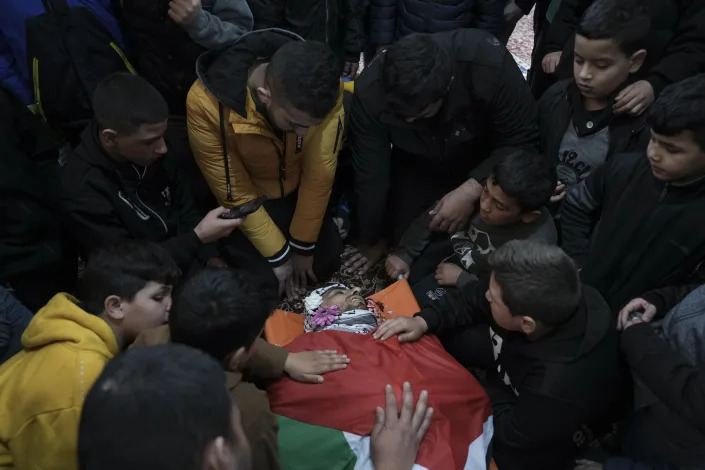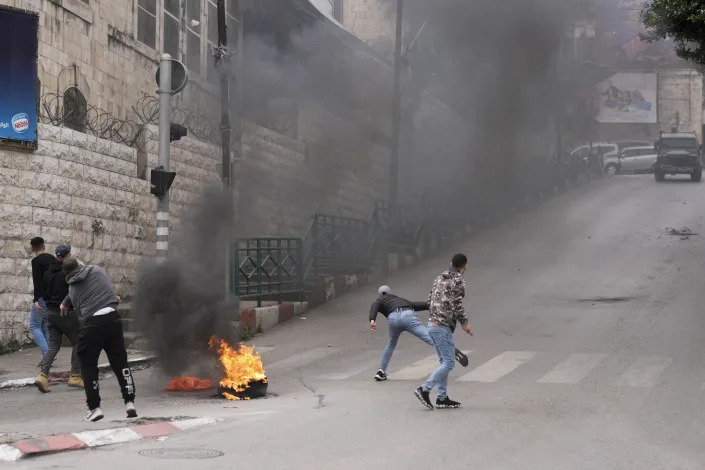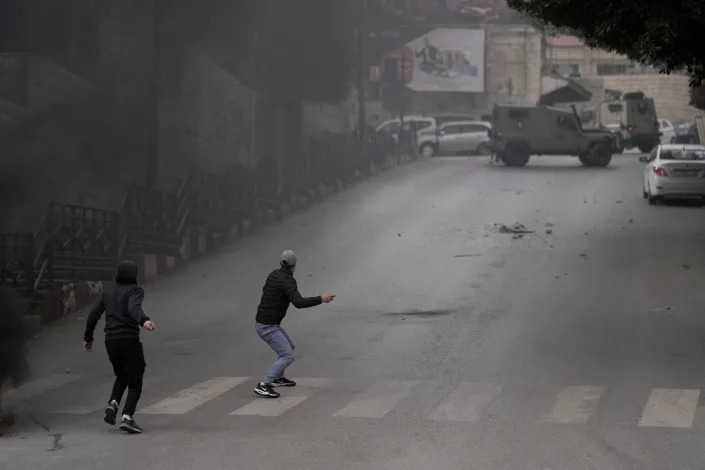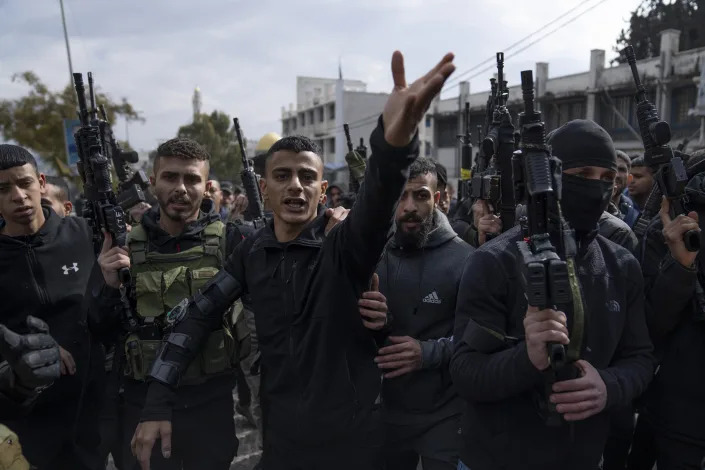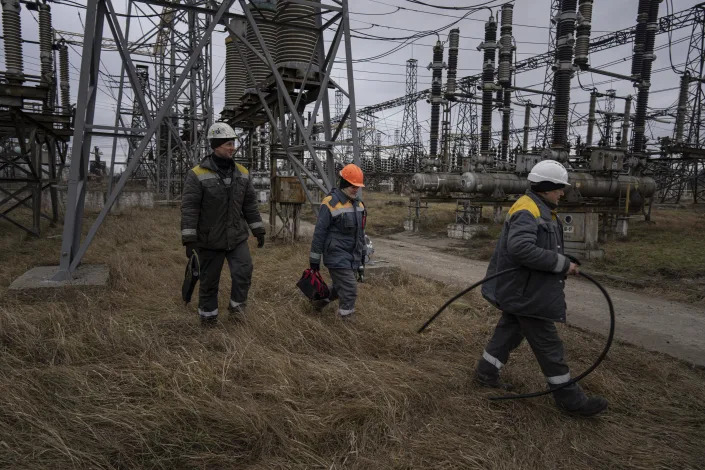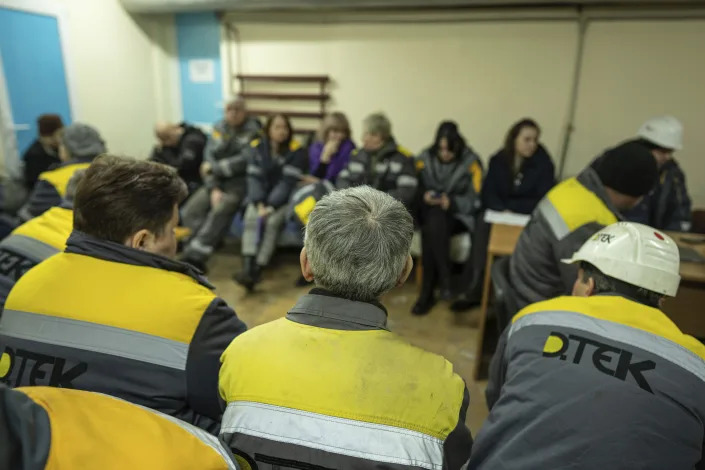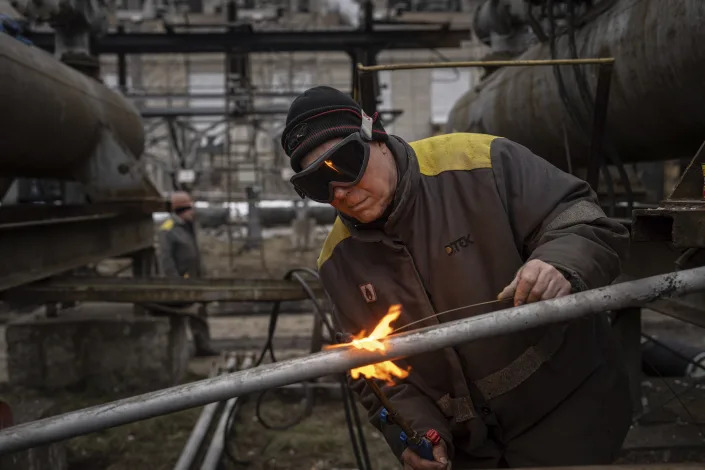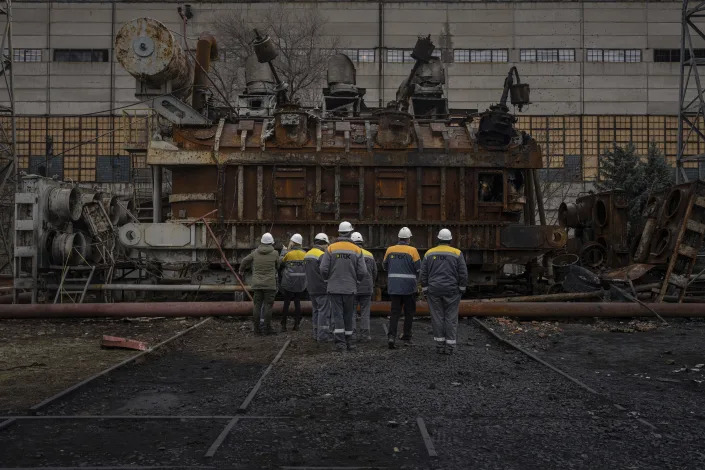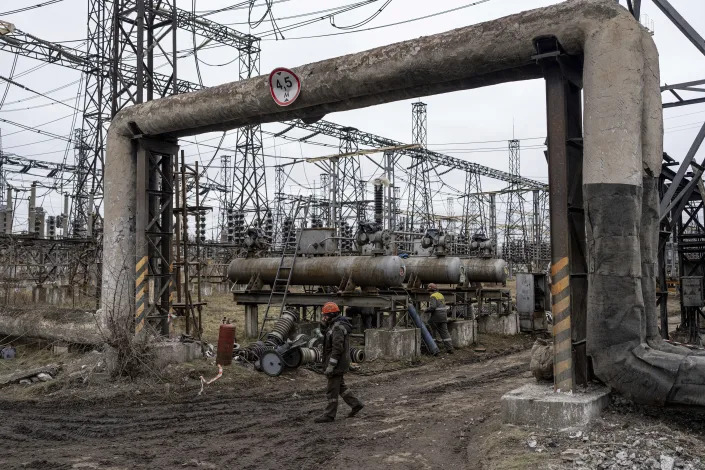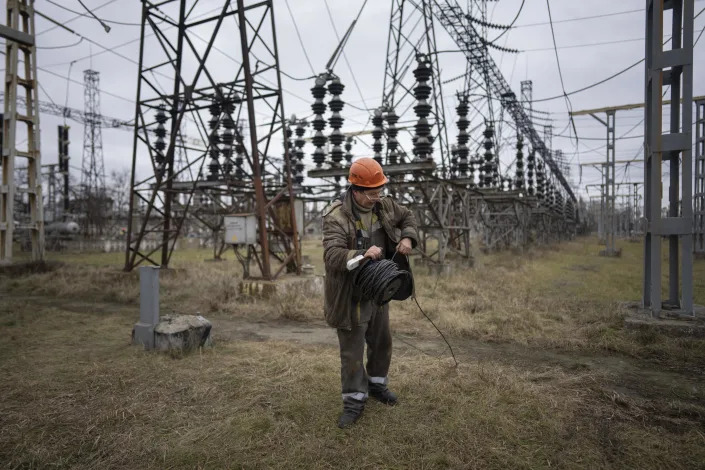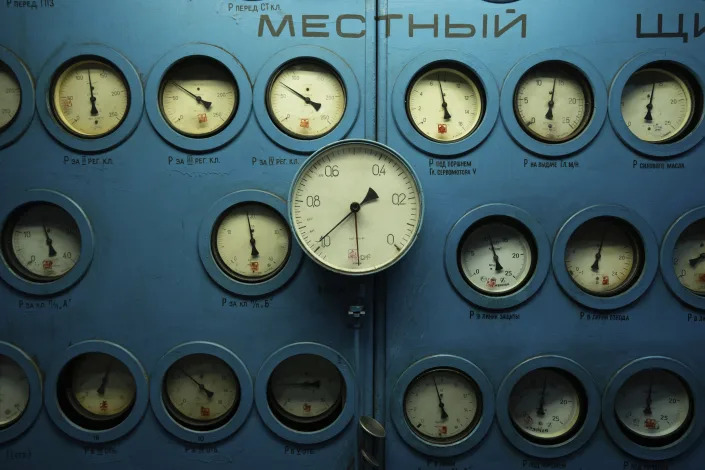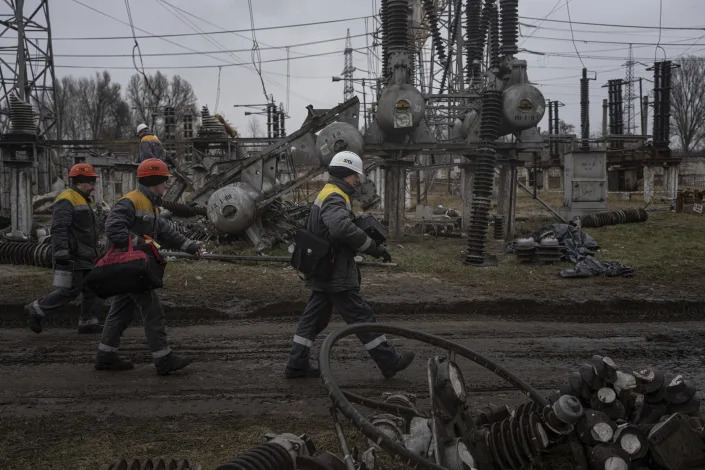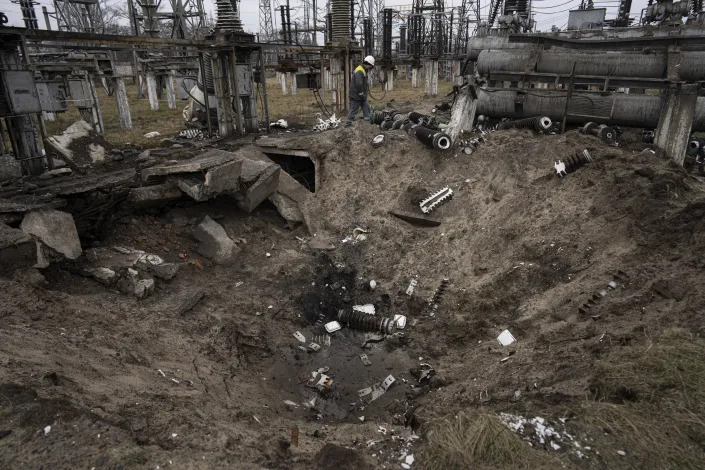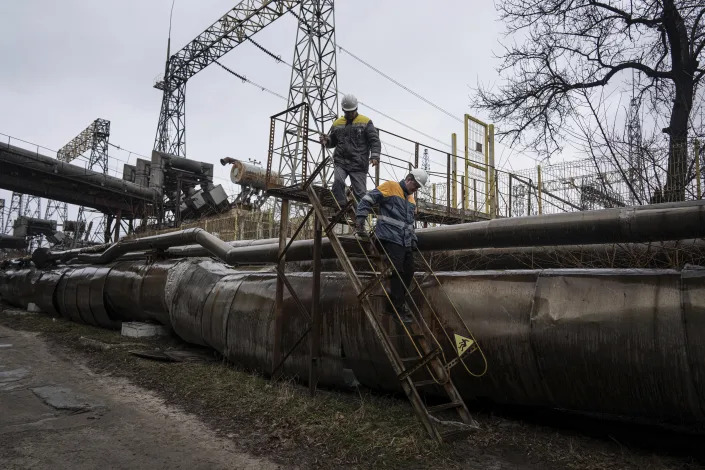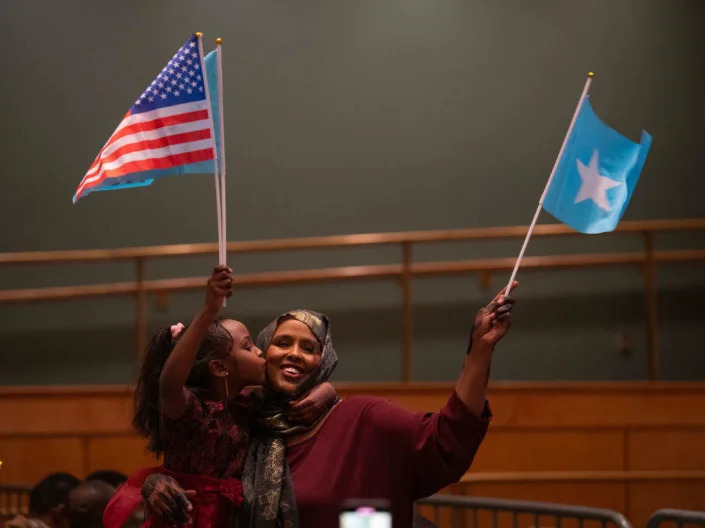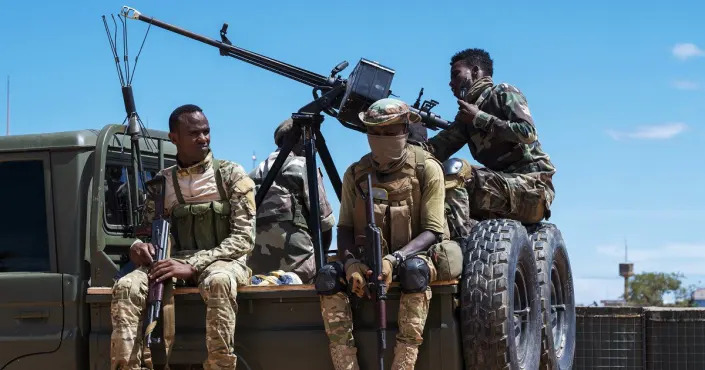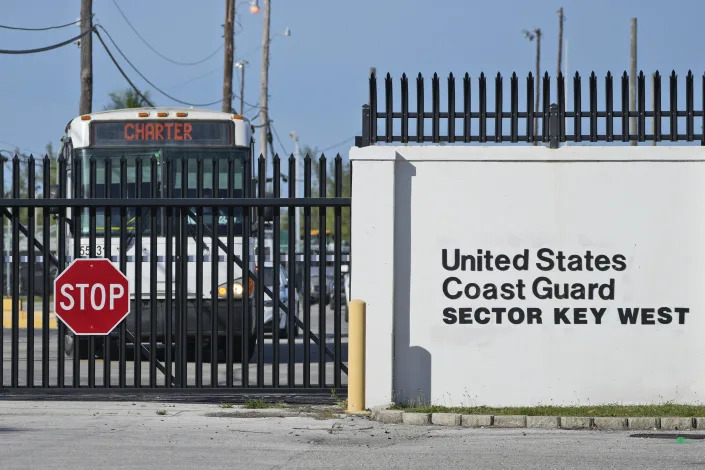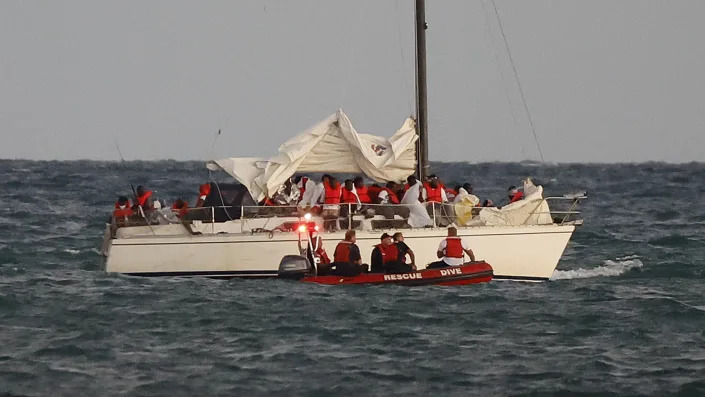Canadian Institute of Actuaries joins United Nations initiative on financial sustainability
Canadian Institute of Actuaries
Wed, January 11, 2023

OTTAWA, Jan. 11, 2023 (GLOBE NEWSWIRE) -- The Canadian Institute of Actuaries (CIA) has earned official status as a Supporter of the United Nations Environment Programme Finance Initiative (UNEP FI).
The initiative connects the United Nations with financial institutions worldwide to help shape a sustainable financial agenda. Through this collaboration, UNEP has established sustainability frameworks that examine global environmental, social and governance challenges through a financial lens.
“Understanding the close relationship between climate change and sustainability risks and the global economy is key to mitigating these risks and developing a necessary action plan,” says CIA President Hélène Pouliot, FCIA. “As a leader in risk quantification and risk management and our country’s national actuarial professional organization, the CIA is pleased to share its expertise for the benefit of the global financial system.”
While membership in UNEP FI is restricted to financial institutions, Supporter status is available to other organizations that play a key role in delivering sustainable finance and have the desire to work with UNEP in pursuing this agenda. Currently, 15 organizations hold Supporter status in North America.
In joining this initiative, the CIA aims to share its expertise on a national and global level by helping financial institutions address sustainability targets and implement sustainability frameworks, and by undertaking thematic research, providing guidance and supporting communities of practice.

